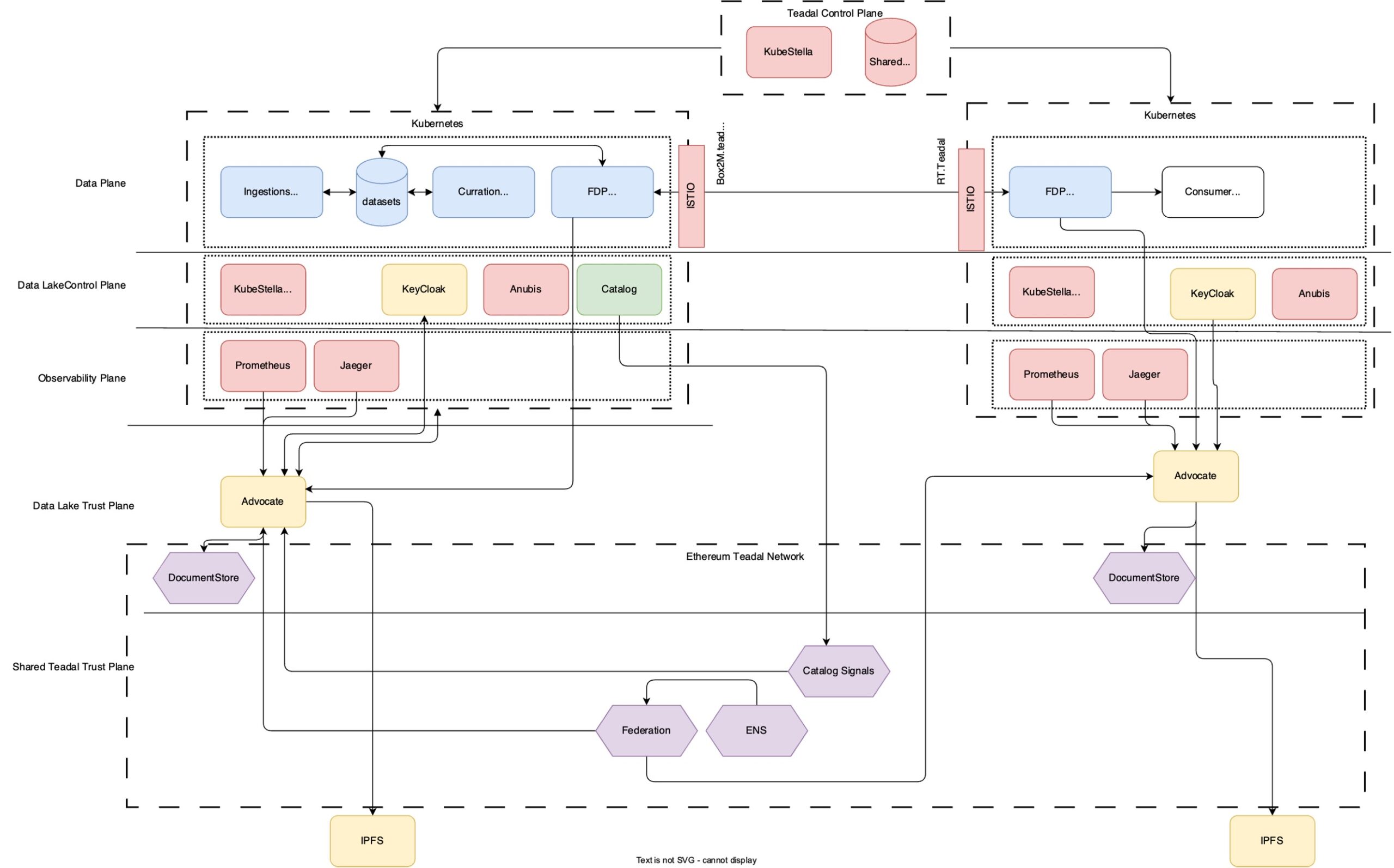Revolutionizing Data Management: The Era of Distributed Data Lakes and Federated Solutions
Authored by BOX2M
Introduction
In today’s fast-paced and data-driven business landscape, the need for efficient and scalable data management solutions has never been more critical. Companies are increasingly relying on data lakes to store and analyze vast amounts of information, but with the growing complexity of business ecosystems, the traditional centralized approach is no longer sufficient. Enter the era of distributed data lakes and federated solutions, a revolutionary approach that seamlessly integrates public and private companies’ data for enhanced collaboration and insights.
Understanding the Challenge
One of the significant challenges in modern data management is the siloed nature of data within organizations. Public companies often have their data stored in a separate system from private companies, leading to inefficiencies in data sharing, analysis, and collaboration. This fragmented approach impedes innovation and hinders the ability to derive meaningful insights from the collective data resources available.
The Distributed Data Lake Solution
A distributed data lake is an architectural paradigm that allows organizations to store and process vast amounts of data across multiple locations, both on-premises and in the cloud. This approach provides a unified and scalable repository for diverse data types, enabling seamless integration and collaboration between public and private entities.

Key Components of a Distributed Data Lake
Data Ingestion and Processing
In a distributed data lake solution, data from various sources, including public and private companies, is ingested and processed in a scalable and distributed manner. This ensures that data is collected efficiently and made available for analysis in real-time.
Unified Metadata Management
Central to the success of a distributed data lake is a robust metadata management system. This system maintains a comprehensive catalog of all data assets, providing a unified view of the entire data landscape. This unified metadata approach facilitates easy discovery, access, and understanding of data across organizational boundaries.
Data Governance and Security
Ensuring the security and governance of data is paramount. A distributed data lake solution incorporates robust access controls, encryption, and auditing capabilities to safeguard sensitive information. This allows public and private companies to confidently share and collaborate on data without compromising security.
Federated Solutions for Collaboration
The federated solution builds on the foundation of the distributed data lake by enabling seamless collaboration between public and private companies. This approach allows organizations to maintain control over their data while still benefiting from the collective insights derived from shared data resources.
Benefits of Federated Solution
Cross-Organizational Insights
By leveraging federated solutions, public and private companies can gain valuable insights that were previously hidden within organizational boundaries. This cross-organizational collaboration opens new possibilities for innovation and strategic decision-making.
Efficient Resource Utilization
Federated solutions optimize resource utilization by allowing companies to share computing and storage resources. This not only reduces costs but also enhances the overall efficiency of data processing and analysis.
Agile and Scalable Infrastructure
The federated approach provides an agile and scalable infrastructure that adapts to the evolving needs of organizations. Whether dealing with fluctuating workloads or incorporating new data sources, the federated solution ensures flexibility and scalability.
Conclusion
In conclusion, the integration of public and private companies in a distributed data lake with federated solutions marks a significant leap forward in the realm of data management. This innovative approach not only addresses the challenges posed by siloed data but also unlocks new possibilities for collaboration and insights. As businesses continue to navigate the complexities of the digital landscape, embracing distributed data lakes and federated solutions is essential for staying competitive and driving innovation in the data-driven era.
